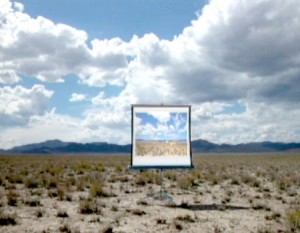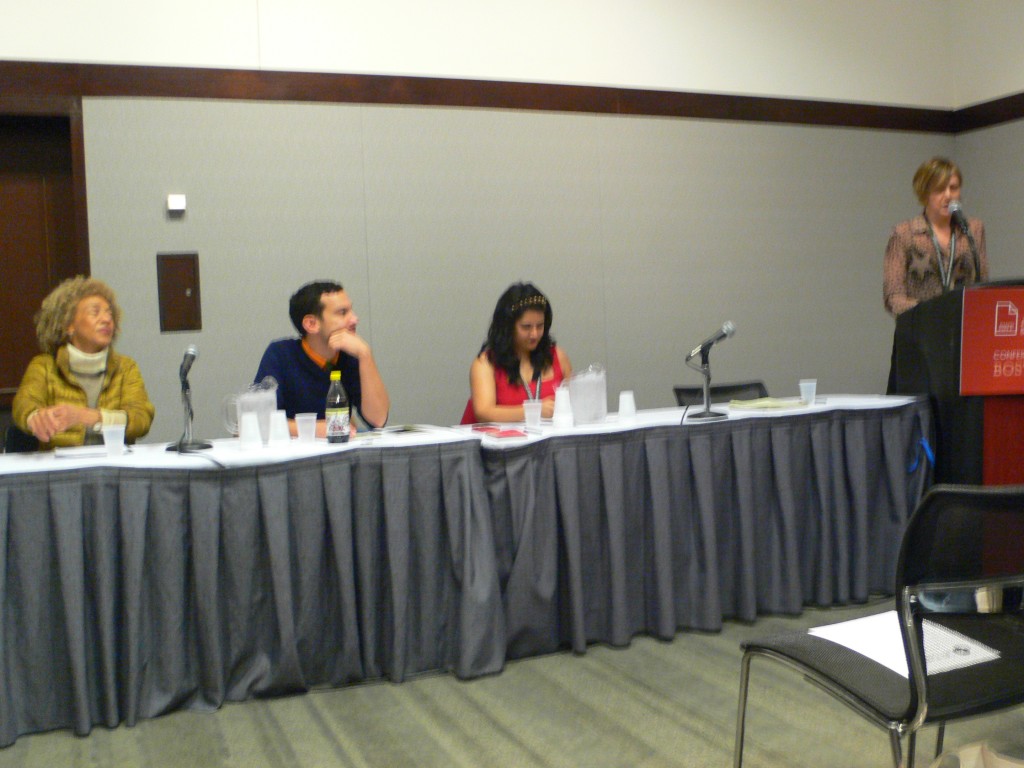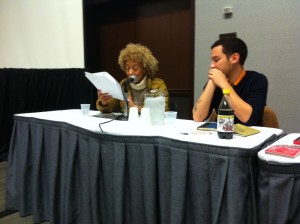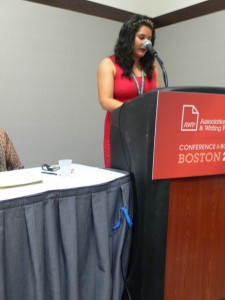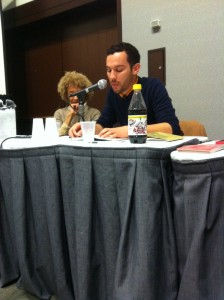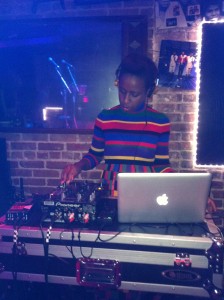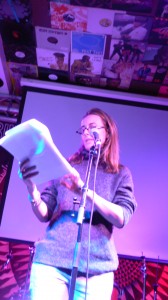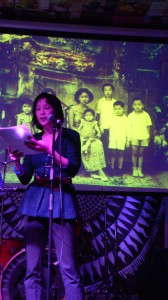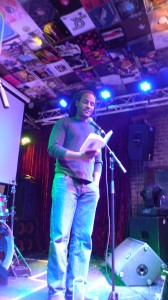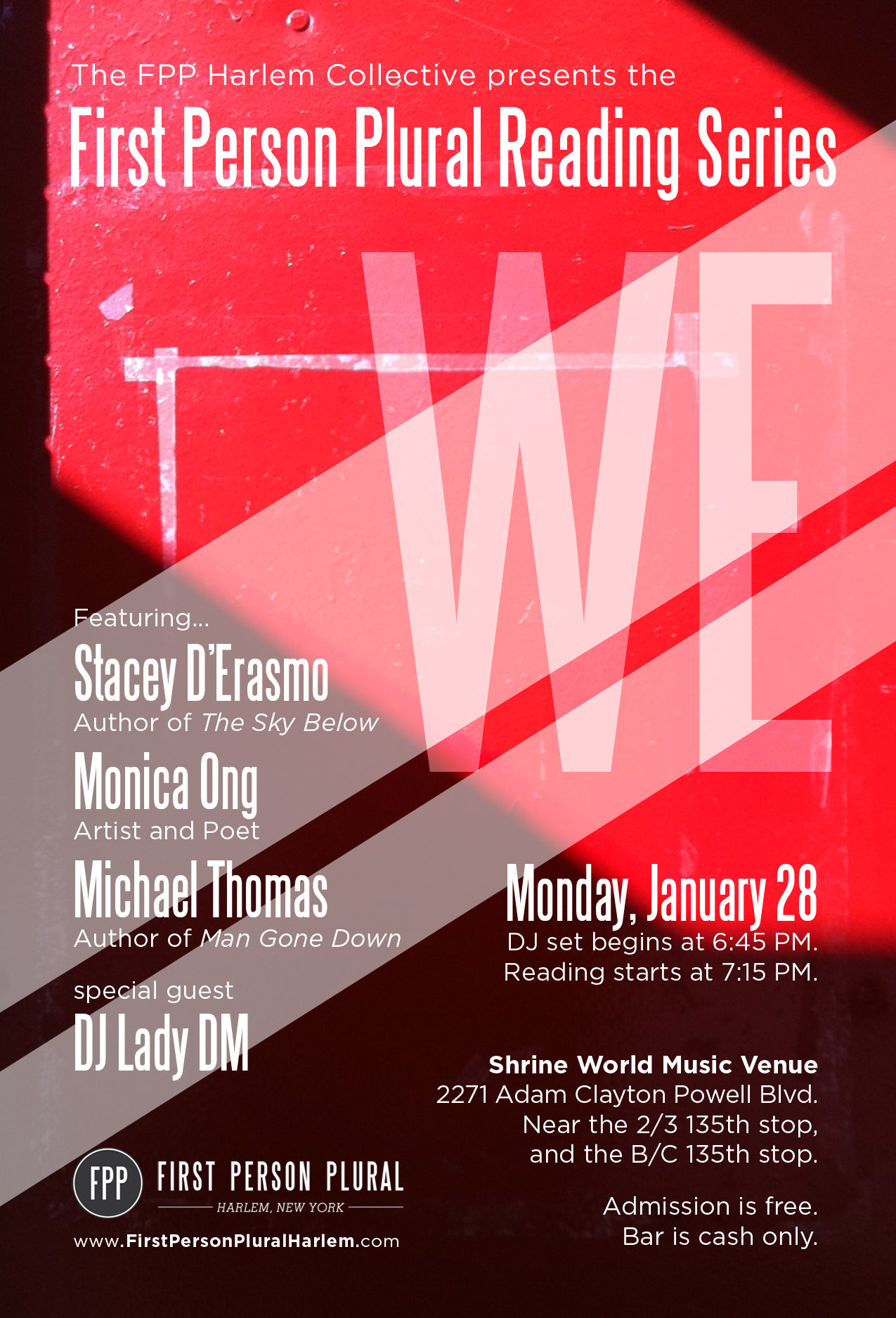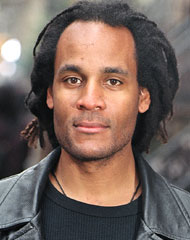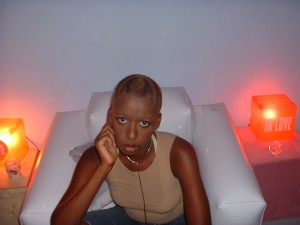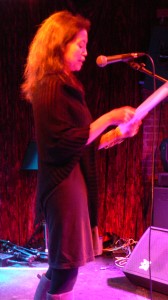Former First Person Plural participants and multi-media art duo LoVid are currently producing/facilitating URQR, a project that we think speaks to the First Person Plural theme and the kinds of questions we’ve been posing through the FPP readings and website. LoVid became interested in QR codes as part of the flow of near ubiquitous and invisible data around us; as they say, “Our networked, online activities dominate and shape our daily lives. Do U begin where the flow of data ends?”. The main feature of URQR was an interactive public project in which participants had a small segment of a large QR code painted across their faces. A compilation of photographs of the participants’ painted faces will produce a QR code that will take the user to a website featuring, among other conversations, the original participants’ answers to questions such as the following:
Where do you hold information?
How do you remember?
Face to Face with another, Where do your eyes wonder?
What do you notice first in a place?
What can you see through a lens that you don’t see otherwise?
In URQR, faces become part of a larger code for information, but they also submit to the very intimate act of having their face delicately worked on by a painter, a painter who asks questions and who can’t, in the end, eliminate contours, facial features– all the ways people resist becoming 2-dimensional. LoVid says of the final compilation, of the QR code made up of many: “The machine will recognize the pattern. The viewers will look for traces of personhood. The lens will attempt to smooth the skeletal contour. Viewers will identify the residue of expressions.”
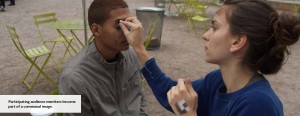 Through our daily transactions, machines and virtual space become our minds, they hold our memory, they collectivize and abstract our identities. But we are also eccentric cul de sacs, each of us. To join the conversation about technology and selfhood, you can go, without irony, to U R QR on Facebook and @URQR_URQR on Twitter.
Through our daily transactions, machines and virtual space become our minds, they hold our memory, they collectivize and abstract our identities. But we are also eccentric cul de sacs, each of us. To join the conversation about technology and selfhood, you can go, without irony, to U R QR on Facebook and @URQR_URQR on Twitter.

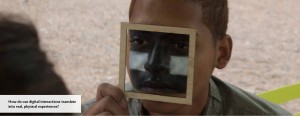
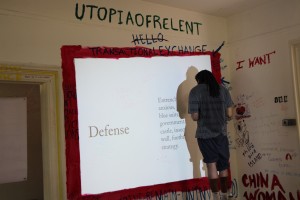
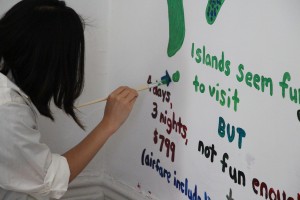
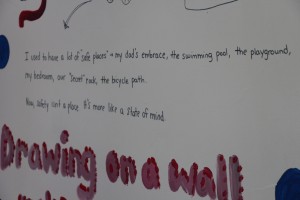
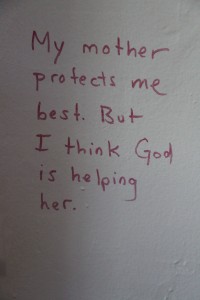 same rule. It’s the kind of event that is truly worth the trip.
same rule. It’s the kind of event that is truly worth the trip.